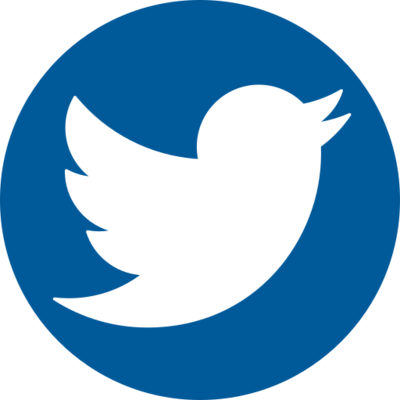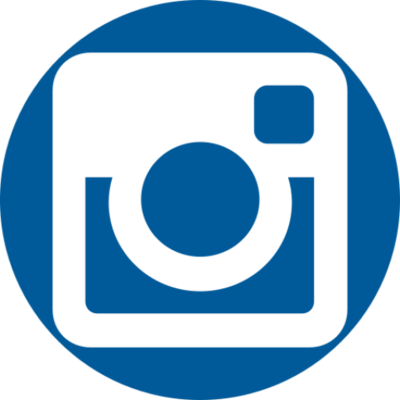
How to Achieve Interoperability in Healthcare Via Digital Fax and Direct Messaging
Healthcare providers are under pressure.
Organizations must complete tasks and meet deadlines to reach interoperability standards by 2024.
Providers don’t have to completely overhaul current information technology (IT) practices. Organizations can build off of existing infrastructures.
Let's examine the roles of digital fax and direct messaging in healthcare interoperability and how these solutions can help organizations comply with pending requirements.
History of Interoperability in Healthcare
The 21st Century Cures Act in 2016 established the goal of healthcare interoperability. The law stated electronic health information (EHI) must be accessible for patients and other healthcare organizations. In 2020, the Office of the National Coordinator for Health Information Technology (ONC) issued the Cures Act Final Rule. This rule listed the requirements and deadlines for interoperability by 2024.
Most healthcare organizations already have electronic health record systems (EHRs). But hundreds of vendors offer these products with different terminologies, specifications, and capabilities. A standardized data format would allow this vast group of EHRs to find, send, receive, and integrate data.
Technologies such as Health Level Seven International/Fast Healthcare Interoperability Resources (HL7®/FHIR®) provide a more systematic way of sharing EHI. Providers must incorporate these capabilities by December 31, 2022. Yet, organizations can start using digital fax and direct messaging right now for interoperability compliance.
Digital Fax’s Role in Healthcare Interoperability Solutions
Most providers are familiar with fax. It’s the most commonly used channel for exchanging patient information. However, many organizations think of fax as the traditional/analog method of communication. Providers may still use fax in digital form to observe interoperability.
Digital fax eliminates a lot of work. With traditional fax, a provider finds a patient’s records and prints the documents. Then, the provider dials a number and feeds papers through a machine. The receiving provider scans the information into an EHR and selects specific data.
With digital fax, a provider finds the patient’s records and sends the information from an EHR. The data then goes into the receiving provider’s EHR where it's integrated and indexed.
Digital fax fosters EHR communication, centralizes data storage, and enables multi-device access. It provides structured data and ensures the security of sensitive information. Digital fax can help providers achieve interoperability while increasing efficiency and boosting productivity.
Direct Messaging’s Role in Healthcare Interoperability Solutions
Direct messaging may not be as familiar to healthcare providers as fax. Yet, organizations likely use its counterpart daily. Email is a good tool for general communication, but providers know the risk of using this channel to share patient data. The lack of security opens the door for hackers to retrieve sensitive information.
Direct messaging is like email with an important distinction—it’s encrypted. Security measures protect the information and ensure only the recipient can access it. These safeguards follow Health Insurance Portability and Accountability Act (HIPAA) privacy regulations.
Providers experience functionalities like digital fax with direct messaging. Organizations can find, send, receive, and integrate patient data using this solution in EHRs. Direct messaging also offers convenience, cost savings, and efficiency.
Direct messaging capabilities may already exist in providers’ EHRs. Organizations must first verify recipients as trusted connections before proceeding. Providers may also need collaboration between vendors if there are software compatibility issues.
Interoperability Solutions in Healthcare
Healthcare organizations can begin using digital fax and direct messaging to comply with interoperability now.
zPaper can show you how to incorporate these digital channels and others into a connected experience using our Health Information Trust Alliance (HITRUST) certified and HIPAA compliant solutions.
Learn more about our innovative solutions for healthcare providers as well as our SSLFax® technology that maintains the security and scalability of our digital fax capabilities.


_25023224.jpg)








